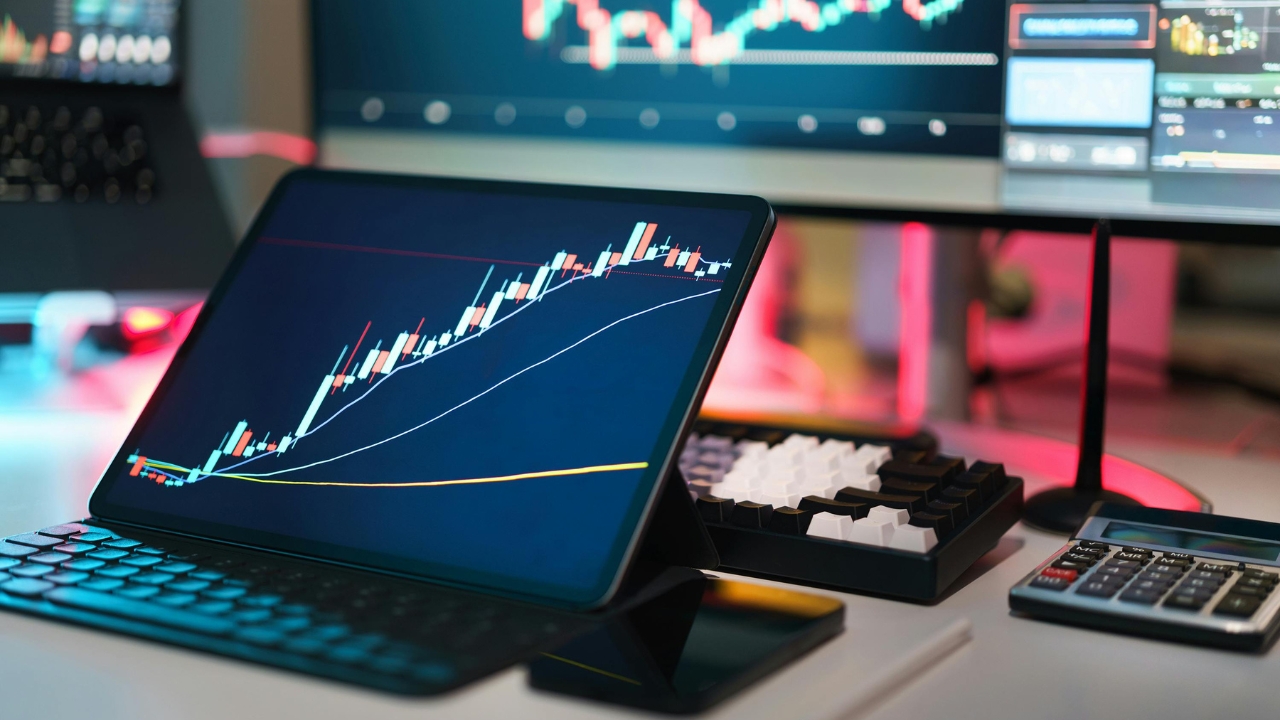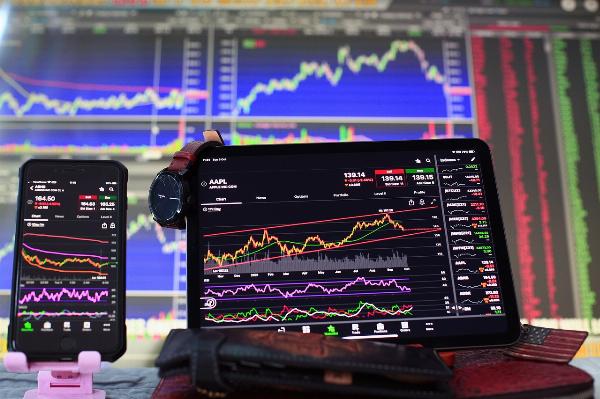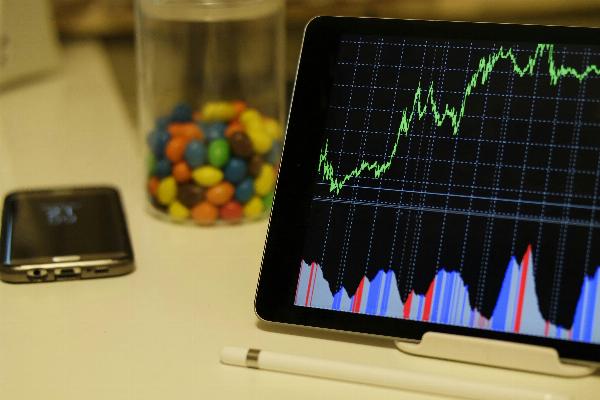How Social Media News Affects Short-Term Trading

Strong 8k brings an ultra-HD IPTV experience to your living room and your pocket.
In today’s hyper-connected world, social media is no longer just a place for selfies and memes—it’s become a real-time financial newswire. From Twitter (now X) to Reddit, and from Telegram groups to YouTube market commentary, the role of social media in short-term trading has exploded. This shift has massive implications for retail traders, institutional investors, and algorithmic systems alike.
At AlphaFeed, we specialize in providing sharp, actionable insights rooted in real-time forex news and social-driven market movements. In this article, we’ll dive deep into how social media news affects short-term trading, why traders need to adapt, and how to stay ahead of the curve in this evolving landscape.
1. The Rise of Social Media as a Market Mover
Social media platforms have become an unfiltered news pipeline, often beating traditional news outlets to the punch. A single tweet or Reddit post can send forex or stock prices soaring or plummeting in minutes. This is especially true in short-term trading, where timing is everything.
2. From Tweets to Trades: Speed is the Game
In short-term trading, speed is king. Social media provides traders with near-instant updates on breaking economic events, policy shifts, or even geopolitical surprises. Platforms like X and Reddit deliver raw, crowdsourced data at a pace that even Bloomberg terminals sometimes can't match.
Take forex as an example—a tweet about interest rate speculation can immediately ripple across forex news channels and trigger currency swings. Traders using AlphaFeed can tap into this edge by monitoring curated social sentiment alongside traditional economic indicators.
3. Hashtags and Headlines: The New Forex News Catalysts
#DollarCrash, #EURUSD, #ForexSignal—hashtags like these aren’t just digital noise. They often spark real-time trading decisions, particularly among retail traders. By analyzing trending hashtags and influencers in real time, traders can forecast market sentiment.
At AlphaFeed, we’ve built smart tools that analyze hashtag volatility and relate it to real forex news triggers. This allows users to quickly identify short-term momentum opportunities.
4. The Power of Retail Trader Communities
The GameStop saga was a watershed moment for trader communities online. Reddit's r/WallStreetBets proved that collective social sentiment can drive massive market moves, often regardless of traditional fundamentals.
In forex markets, this collective behavior is becoming more prominent, especially during high-impact events like central bank announcements or unexpected economic data. Forex news gets amplified through communities, creating a feedback loop that can magnify short-term volatility.
5. Social Media vs. Traditional News: Who’s Faster?
Traditional financial news outlets are still crucial for in-depth analysis, but they often lag behind the breakneck speed of social platforms. For short-term traders, that delay can mean the difference between profit and loss.
With AlphaFeed, we blend the speed of social media with the credibility of vetted forex news sources—offering traders the best of both worlds.
6. Fake News and Rumors: A Double-Edged Sword
The biggest risk with social media? Unverified or fake news spreading like wildfire. False information can cause irrational market reactions. For instance, a spoof tweet about a central bank’s interest rate policy can briefly shake forex markets before being debunked.
That’s why traders must combine social media signals with verified forex news and analytical filters, something that AlphaFeed’s risk management tools are designed to handle.
7. Sentiment Analysis: Reading the Crowd
Sentiment analysis is the science of measuring emotional tone in social media content—bullish, bearish, or neutral. Short-term traders can gain an edge by understanding how crowds feel about an asset.
AlphaFeed uses AI-driven sentiment models to assess social chatter on currencies like USD, EUR, GBP, and JPY. We then cross-reference that with breaking forex news to determine whether a price movement is likely to continue or fade.
8. Algorithmic Trading and Social Signals
Algorithmic systems are now being programmed to scrape and act upon social media data, including tweet volumes, influencer mentions, and even emoji usage. This makes social news not just a tool for humans—but for machines too.
Short-term trading strategies built around forex news and social media are increasingly automated, with bots trading off Twitter trends and Reddit buzz. AlphaFeed helps traders bridge this gap by offering social signal APIs for plug-and-play integrations.
9. Case Study: Elon Musk and Currency Ripples
Elon Musk’s tweets have famously affected crypto and tech stocks, but few realize that his statements have also influenced forex markets—especially when Tesla expands internationally or comments on inflation.
In April 2022, a tweet about commodity shortages caused ripples in USD/CAD and AUD/USD currency pairs. Traders who picked up on this social media forex news crossover had a short-term edge over those relying solely on standard economic calendars.
10. How Traders Can Stay Ahead
Here’s a concise strategy to help short-term traders stay ahead:
Use social listening tools: Track keywords and hashtags related to your trading pairs.
Validate with credible sources: Cross-check social buzz with AlphaFeed’s verified forex news.
Act fast, but stay skeptical: Speed matters, but always confirm before executing large trades.
Set alerts and filters: Not every tweet matters—filter noise using intelligent alerts.
Conclusion:
The game has changed. Social media is no longer optional for short-term traders—it’s essential. Whether you’re trading EUR/USD or gold futures, the ability to interpret social sentiment and match it with live forex news is a major edge.
Note: IndiBlogHub features both user-submitted and editorial content. We do not verify third-party contributions. Read our Disclaimer and Privacy Policyfor details.







